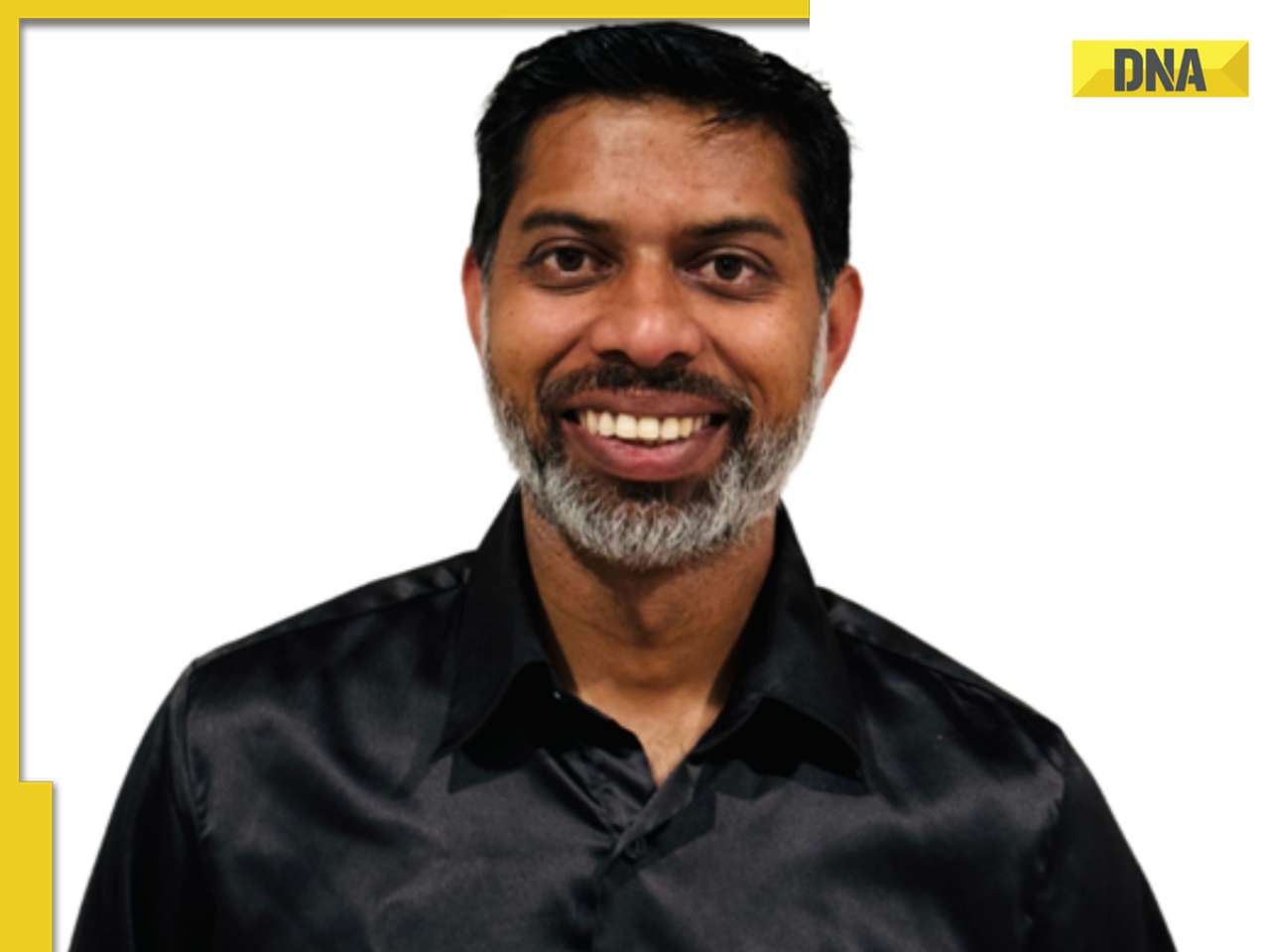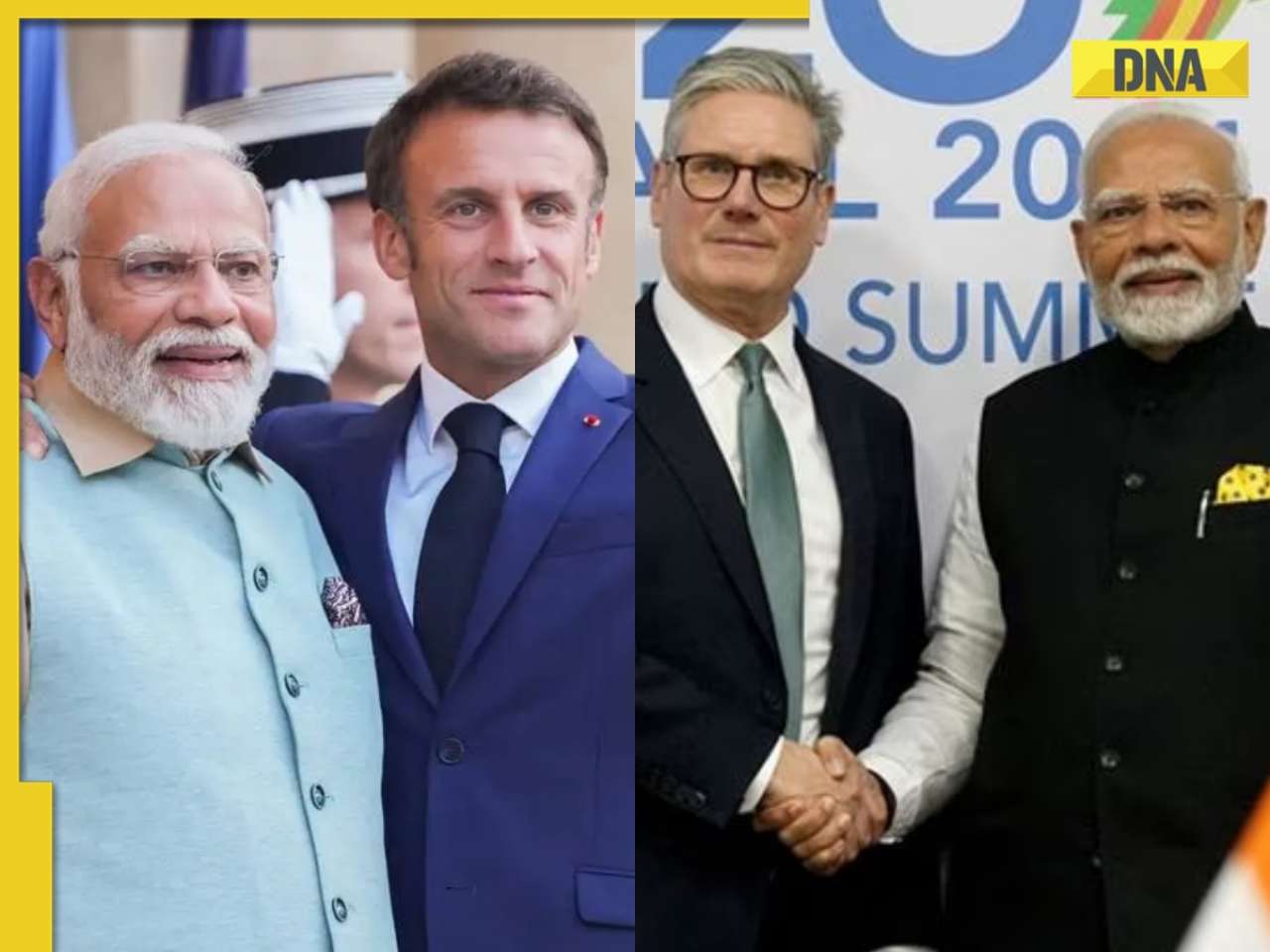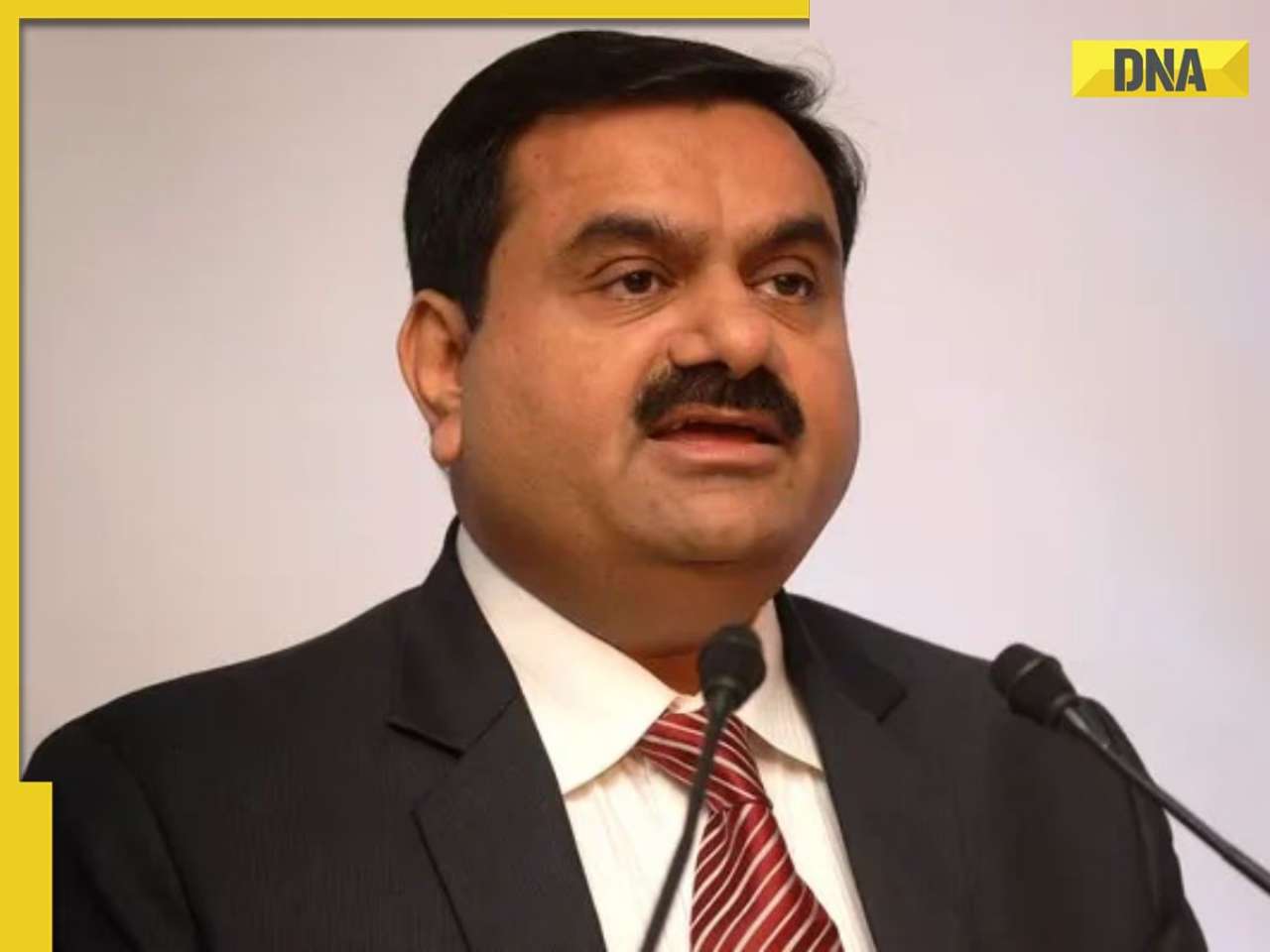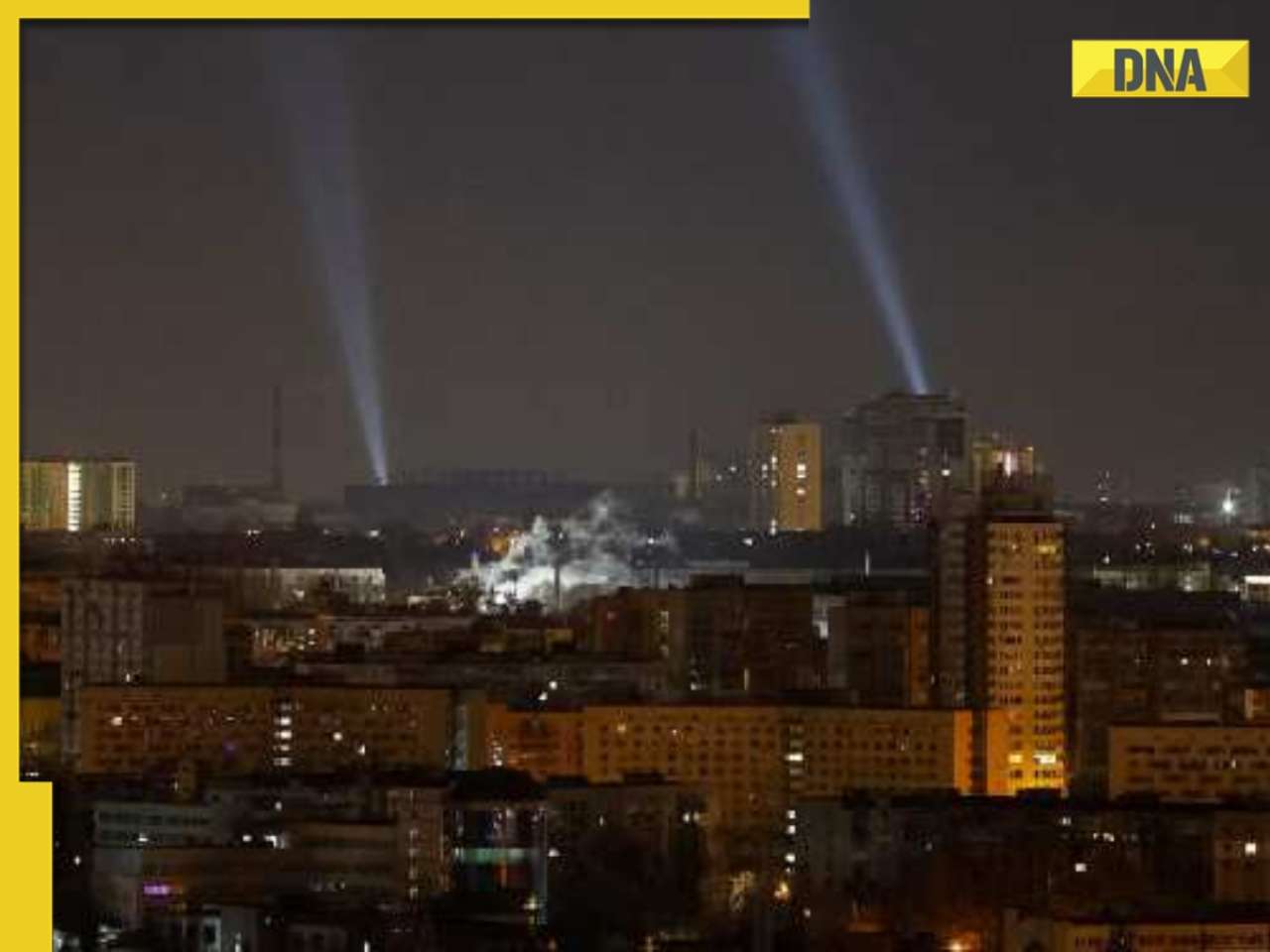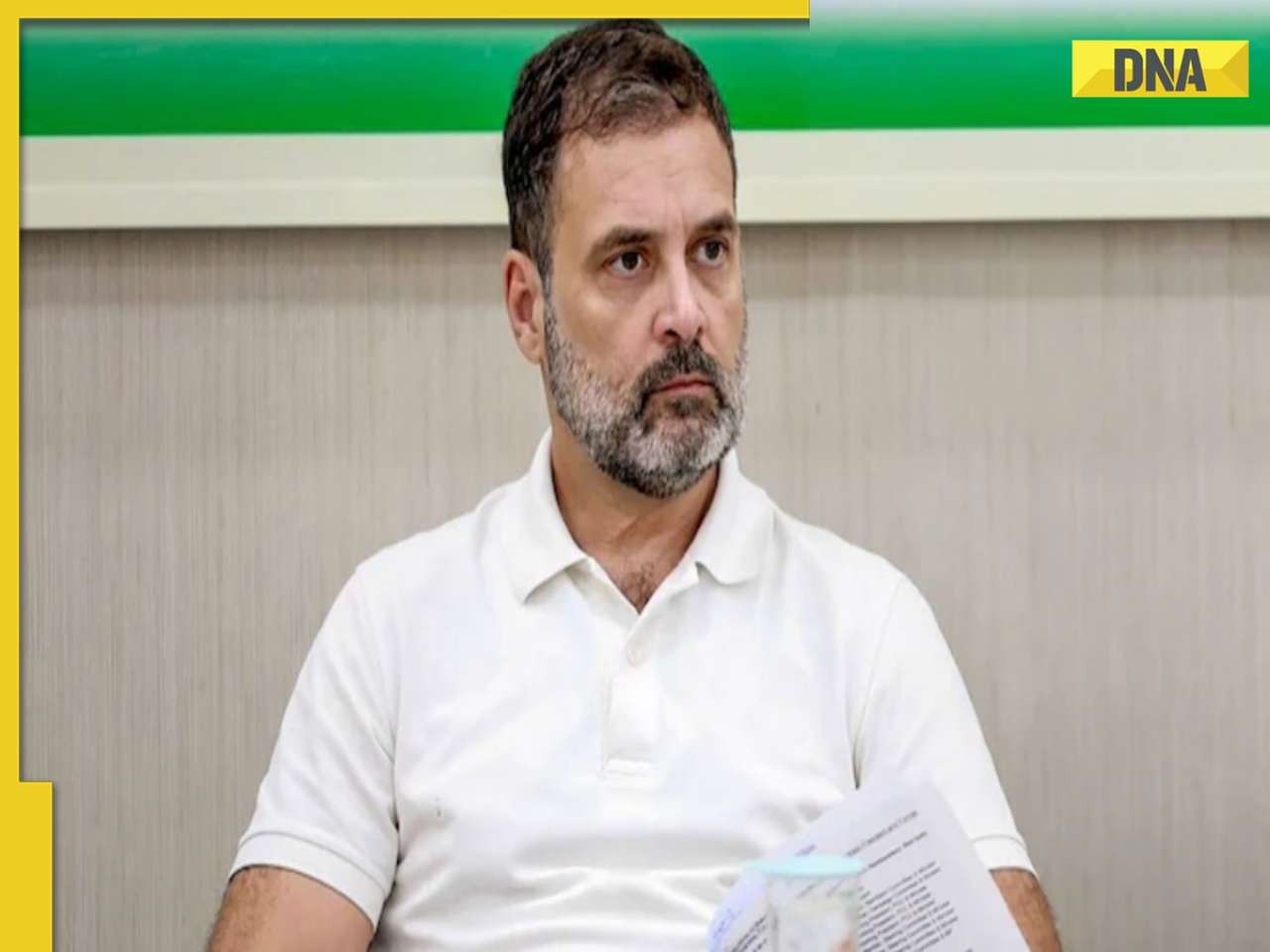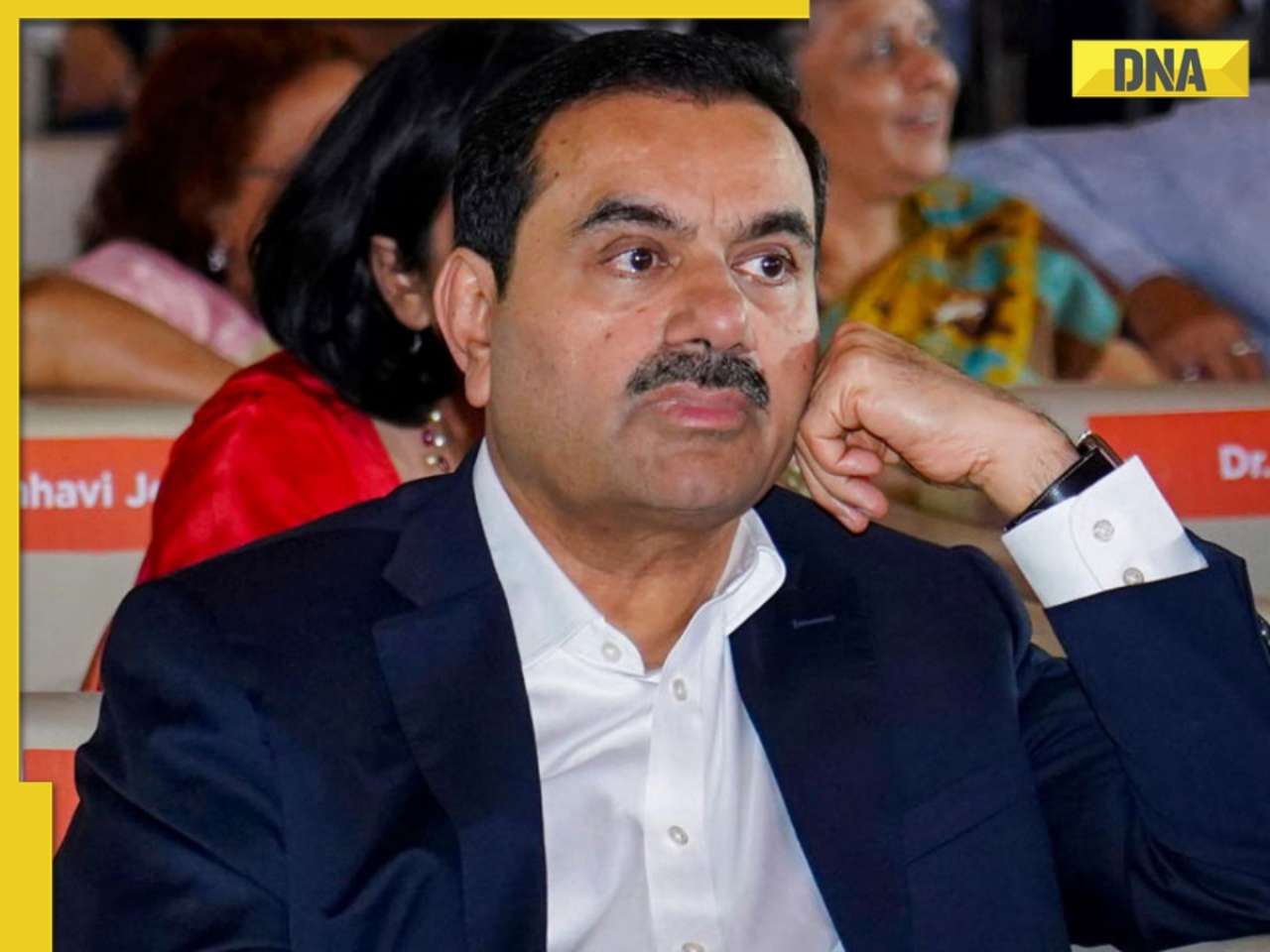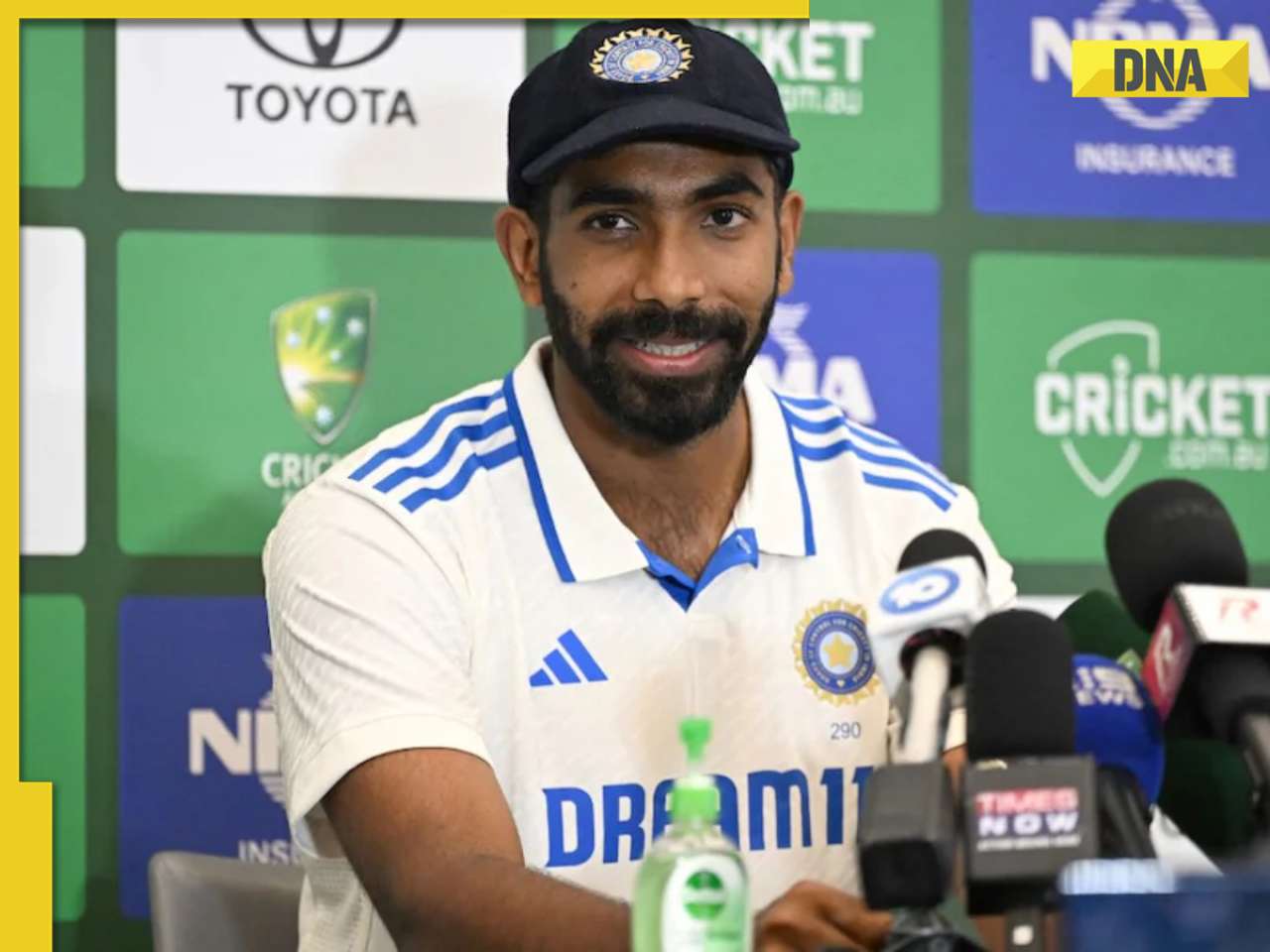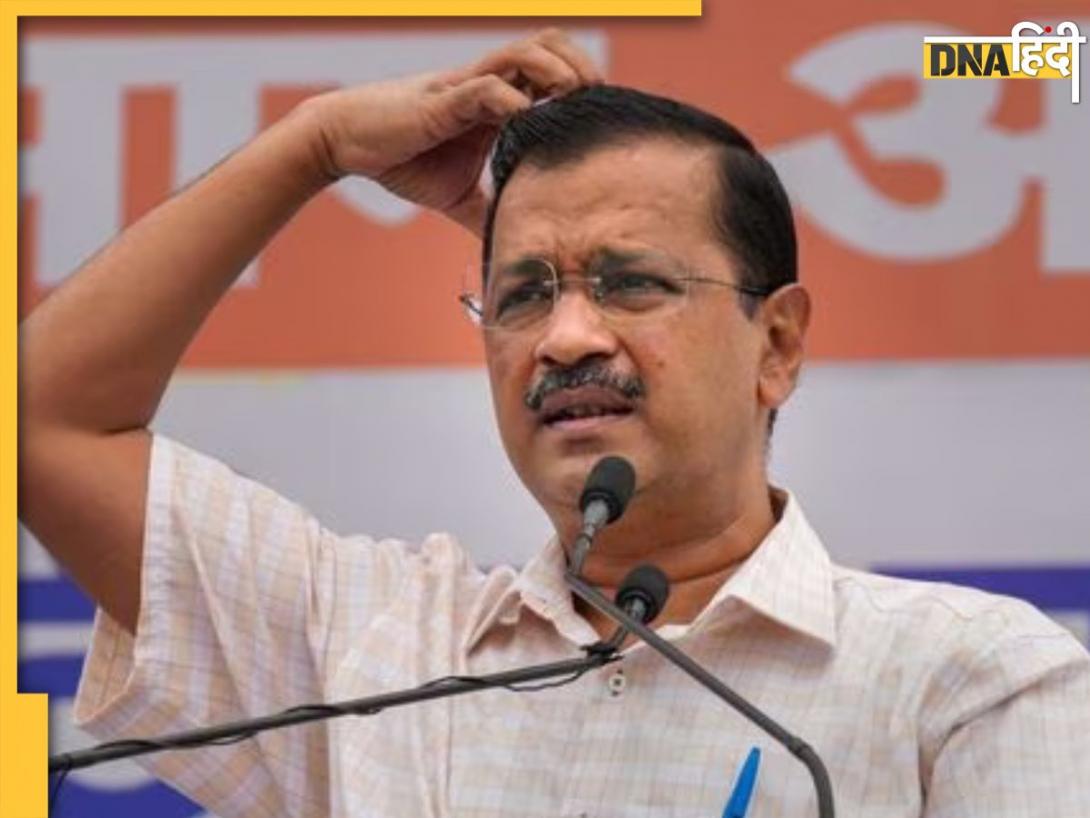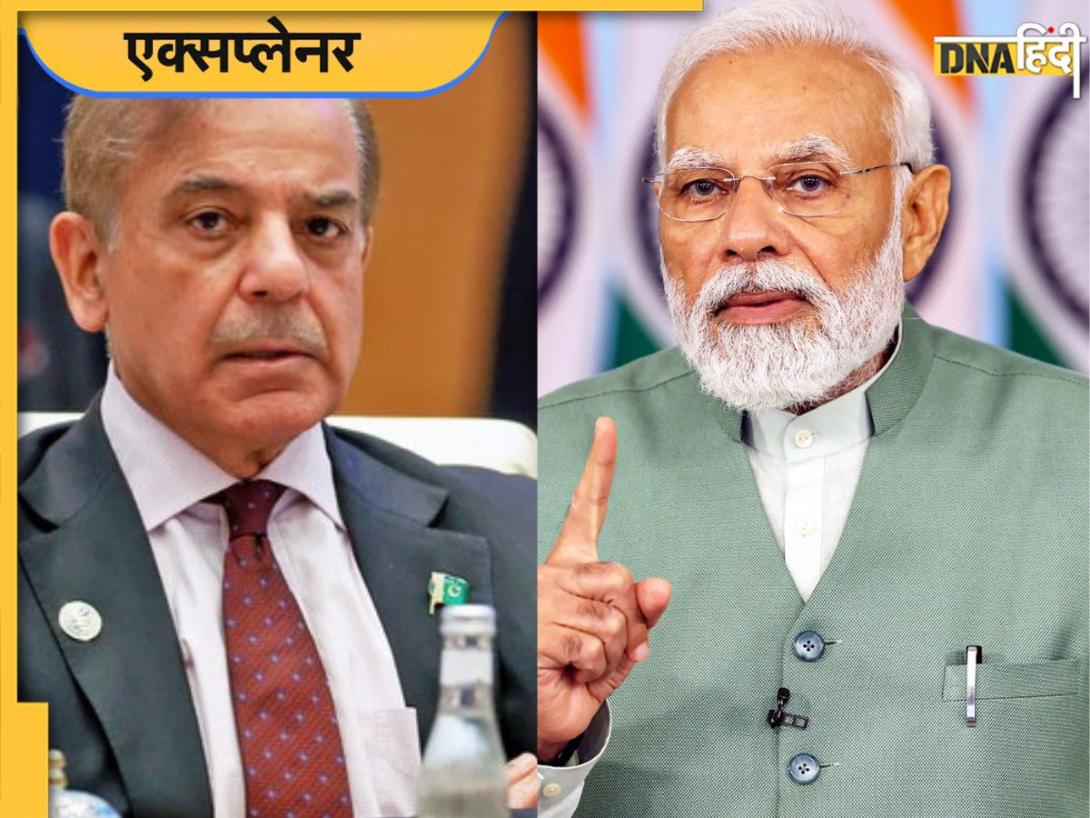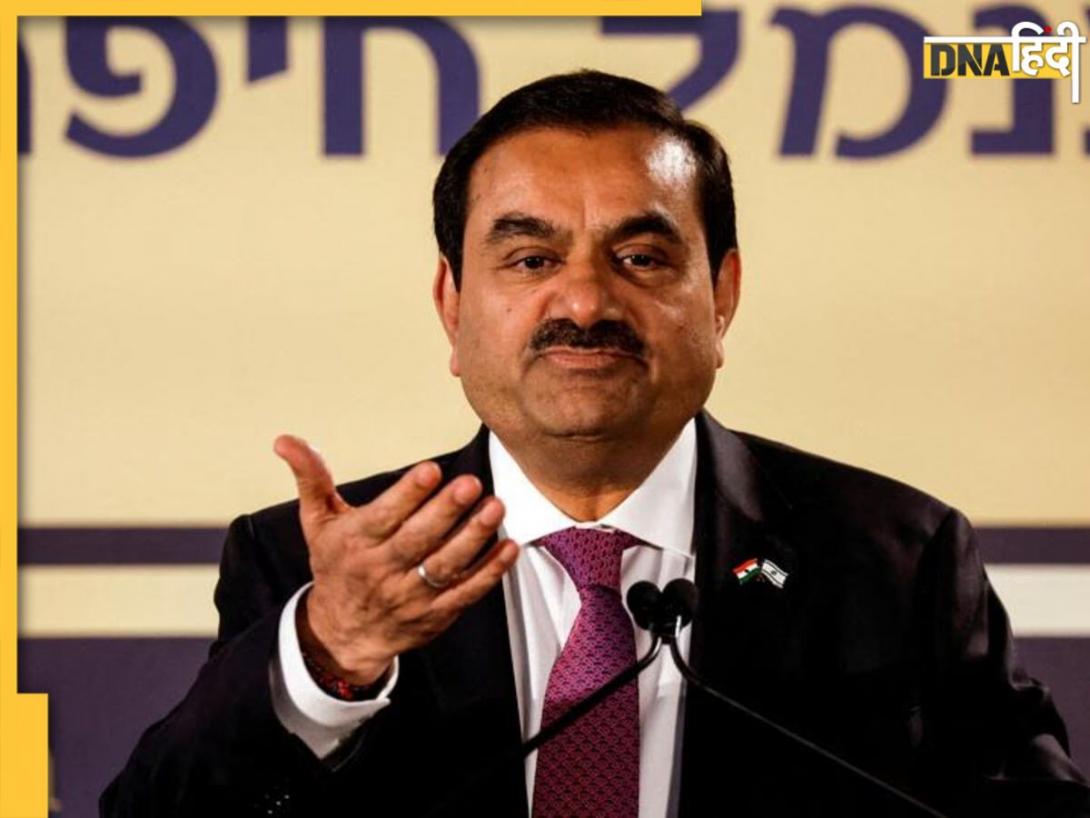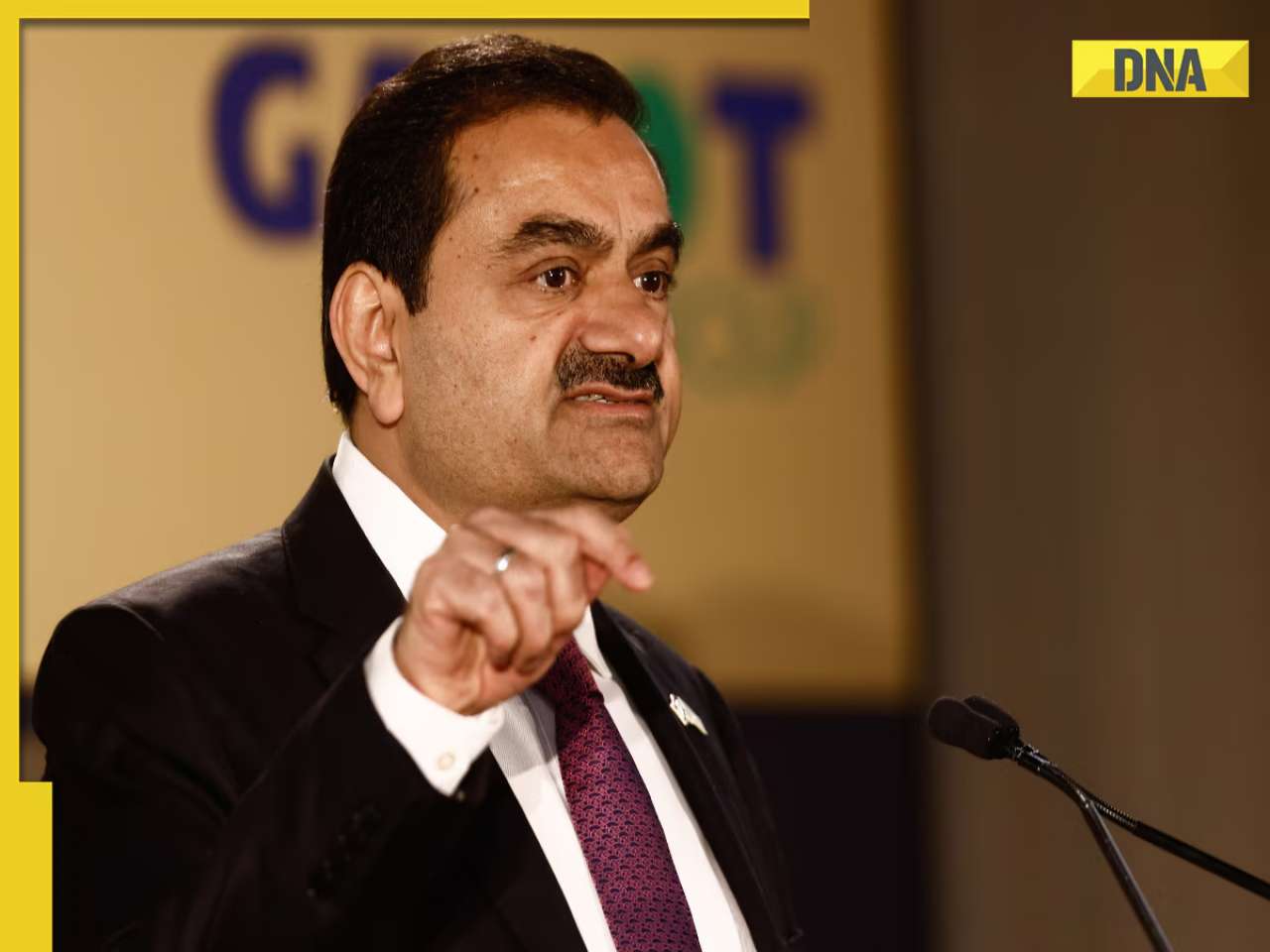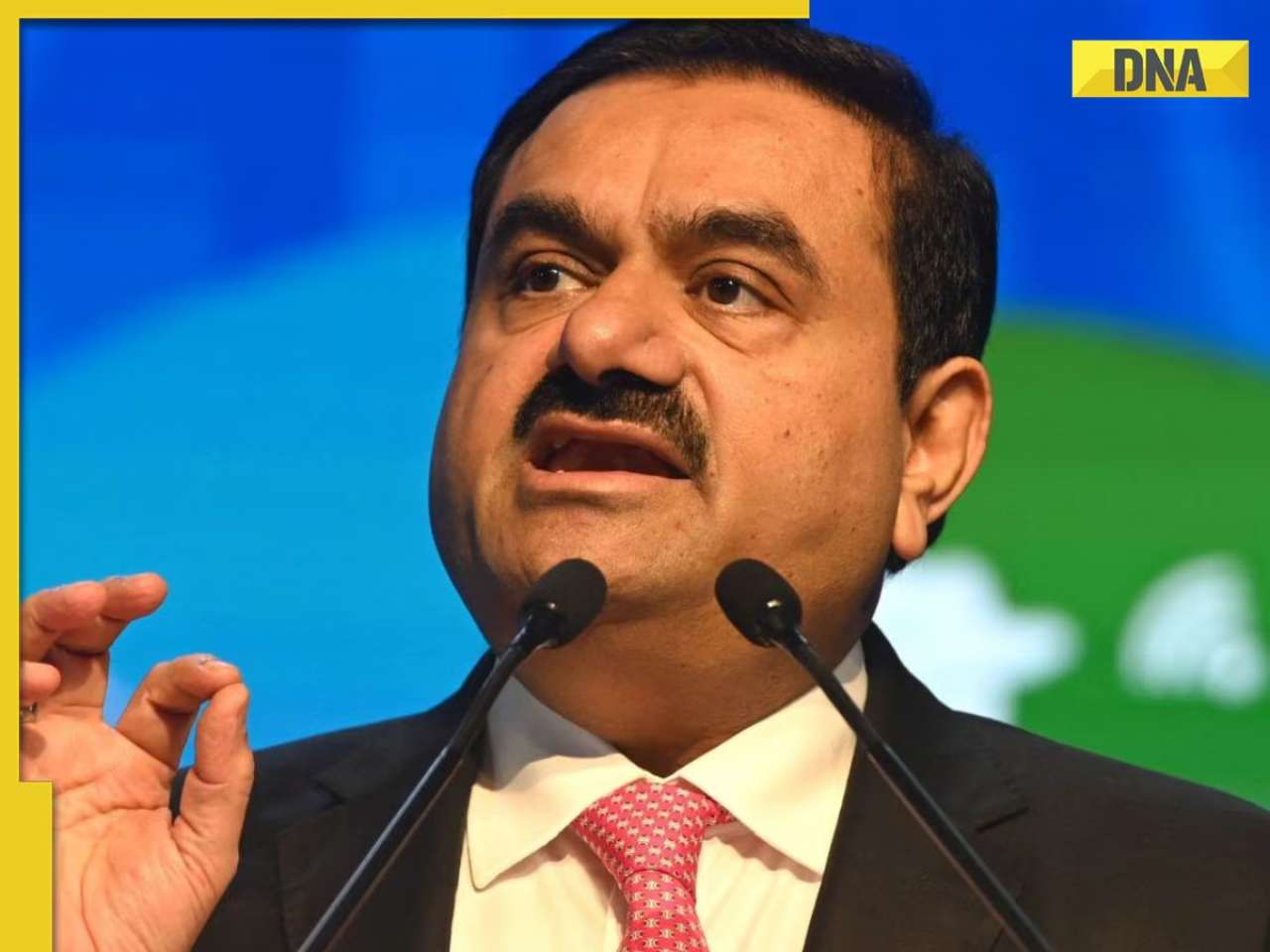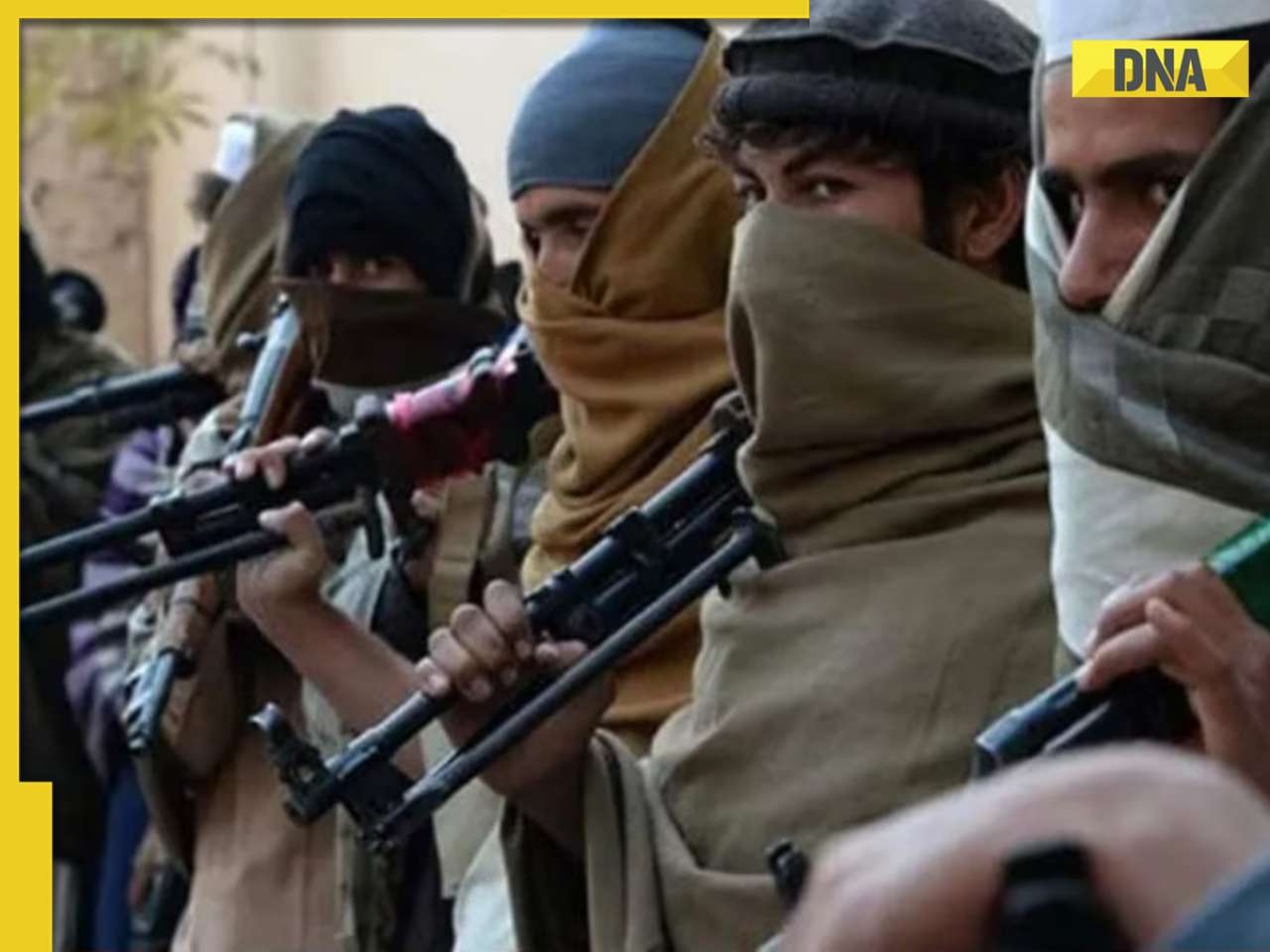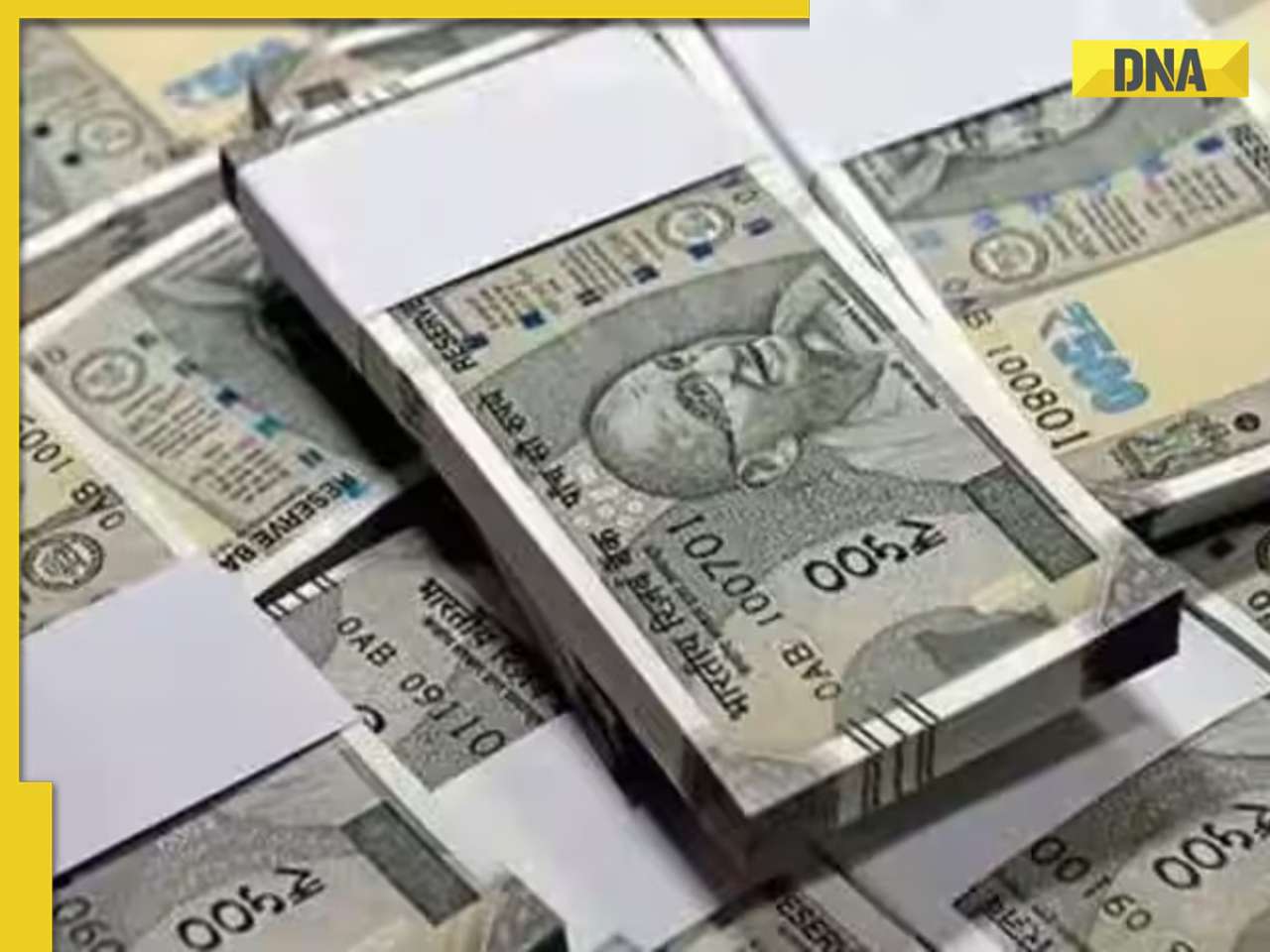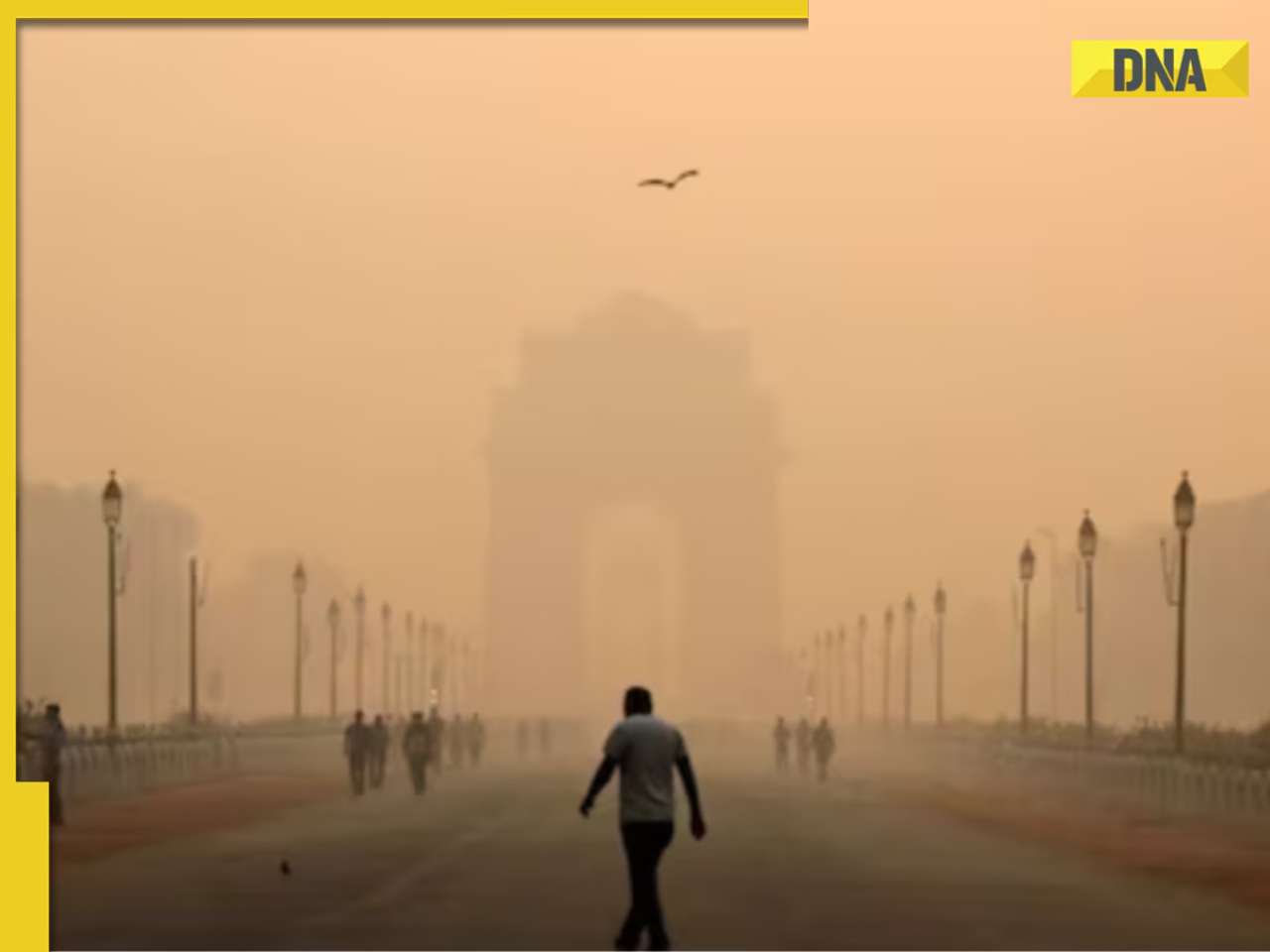- LATEST
- WEBSTORY
- TRENDING
ANALYSIS
How Islam played a major role in disintegration of Pakistan in 1971 Indo-Pak war
Ahead of the 1971 Indo-Pakistan war Vijay Diwas, here is all you need to know about how Islam acted as a tool of disintegration.
TRENDING NOW
Pakistan has used Islam as a tool of politics since its inception. They have never adhered to the true principles of Islam that are envisaged in the Quran and Sunnah. Islam has been misused rather than used in the state construct of nation-building in Pakistan. Mixing religion with politics has not only induced a sense of insecurity among the minority ethnicities in Pakistan but very often has limited their freedom of expression.
The All India Muslim League, the political party that led the demand for a separate homeland for Muslims of British India, disregarded all geographic and sociocultural differences among Muslims. Instead, they relied on religion to be a sufficient rationale for creating a new nation.
Although most of the Muslim League leaders, including President Mohammad Ali Jinnah, were liberal-minded and some of the Muslim religious leaders opposed the Pakistan movement, "they were to change their minds after partition" notes Pakistani journalist Ahmed Rashid in his book Descent Into Chaos. Soon after the creation of Pakistan, these religious groups who had opposed it started calling for the country’s Islamization and adoption of Islamic laws into the future constitution. This launched the struggle between liberals and Islamists.
The first compromise between the secularists and those seeking an Islamic state came with the adoption of the Objectives Resolution in 1949, a set of guiding principles that was to inform the country’s constitution. In her book, In Making Sense of Pakistan, scholar Farzana Shaikh writes the Resolution highlighted "the growing political muscle of the religious lobby" with two Islamic provisions. First was the affirmation of divine over popular sovereignty, thus setting limits on the scope of parliament and interpreting its responsibilities as "sacred trust."
Second concerned the obligation of the state to "enable" Muslims to "order their lives…in accordance with the teachings and requirements of Islam as set out in the Holy Quran and the Sunnah." The resolution was "a clear move away from the secular aspirations expressed by" Muslim League’s president and Pakistan’s founder, Mohammad Ali Jinnah. On August 11, 1947, Jinnah’s speech to Pakistan’s constitutional assembly, had laid down his vision for the new state where all citizens would be equal irrespective of "religion or caste or creed." But his early death left the question of Islam’s role in society unresolved.
However, under military ruler Zia ul-Haq from 1977-1988, Islamization acquired the full backing of the state. Zia co-opted the religious parties, notably the Jamaat-e-Islami (JI), and undertook a process of Islamization that included the introduction of new Islamic laws, setting up a federal sharia court, making Islamic education compulsory in schools, and promoting religious schools or madrassas.
He took steps to Islamize the army by including Islamic teachings in the military’s training. His policies also undermined the status of women through laws governing sexual offenses and by reducing the significance of a woman’s testimony to half that of a man in certain trials. State patronage of religious parties has resulted in competition among different religious groups for power, which has increasingly turned violent. With the Pakistani state adopting a clear Sunni bias in its laws and policies, the rivalry between Shias and Sunnis--and even among different Sunni groups--became further entrenched.
Pakistan wanted to project its state policy of Islamization to East Pakistan with the sole aim of curtailing their popular demands. The refusal to accept Bengali as a state language of East Pakistan in the early years after Partition, the economic disparity between the two parts, the hegemony of the West Pakistani ruling elite over Pakistan, martial laws, and a demeaning attitude towards Bengali culture and the Bengali population soured relations between the two parts.
The conflict was apparent as early as 1952 when Bengalis began mobilizing to force the State to recognize Bengali as a national language. On 21-22 February 1952, the Pakistani armed forces murdered several students as well as numerous others in indiscriminate fire. This internal conflict precipitously expanded after the ruling junta of General Yahya Khan refused to convene Parliament following the 1970 elections in which the East Pakistan-based Awami League, led by Sheikh Mujibur Rahman, decisively defeated Zulfiqar Ali Bhutto’s Pakistan Peoples’ Party.
Tensions rose further because the Awami League party, led by Sheikh Mujibur Rahman won the national elections but Pakistan People’s Party (PPP), led by Zulfiqar Ali Bhutto refused to hand over power. Tensions between Bengalis and Biharis – the Urdu-speaking communities that had moved to East Pakistan from different parts of India after Partition and who were seen as pro-West Pakistan – rose, which led to attacks on some Bihari communities.
In March 1971, using violence as an excuse, the Pakistan Army intervened to stem the growth of nationalist sentiments in the east. It recruited local pro-Pakistan Bengalis and non-Bengalis, including members of the Islamic organisations Jamaat-e-Islami for its operations against Bengali factions. As the violence escalated throughout the summer, a large number of refugees streamed into Indian territory, which New Delhi used as an excuse to intervene militarily in early December 1971.
The nine-month-long conflict ended with the surrender of the Pakistani army on December 16; the death toll is estimated to have been between 300,000 and 3 million people, with hundreds of thousands of women raped. The true values and essential tenets of Islam did not stop the rulers of Pakistan from adopting inhuman policies vis-à-vis their own Muslim brethren.
The Islam adopted by the rulers as well as the religious political parties and groups militate against the essential principles of Islam. The bogey of true Islam raised by most of these elements to be imposed through the imposition of Sharia is a big hoax that undermines the humanistic values preached by the first Muslim, the Prophet of Islam.
This proves the point that Pakistan has used Islam as a tool to fulfill its goals. They have not adhered to the truest message of Islam as a guiding principle but rather indulged in the morass of political Islam which has resulted only in sectarian conflicts with the state of Pakistan. This could be well understood by the fact that Pakistan indulged in sectarian conflicts very soon after the independence. Pakistan’s first instance of sectarian violence targeted the Ahmadiya community, a small religious group that calls itself Muslim and takes its name from its founder Mirza Ghulam Ahmad.
The Ahmadis are considered heretical by orthodox Muslims because they do not believe that Mohammed was the final prophet. A sustained anti-Ahmadi campaign by Sunni religious groups starting in the 1950s led the government to designate Ahmadis as non-Muslims through a constitutional amendment in 1974.
Husain Haqqani argues that the ’Islamic State’ in Pakistan has established the right to determine who was and was not a true Muslim, and religious identity and religious correctness have become a larger issue in Pakistan’s political discourse. This approach followed by Pakistan has tarnished the true principles and essence of Islam and led to the liberation of East Pakistan from West Pakistan. Pakistan must realize that this policy has backfired in 1971 and it could divide and damage the country more in the offing!


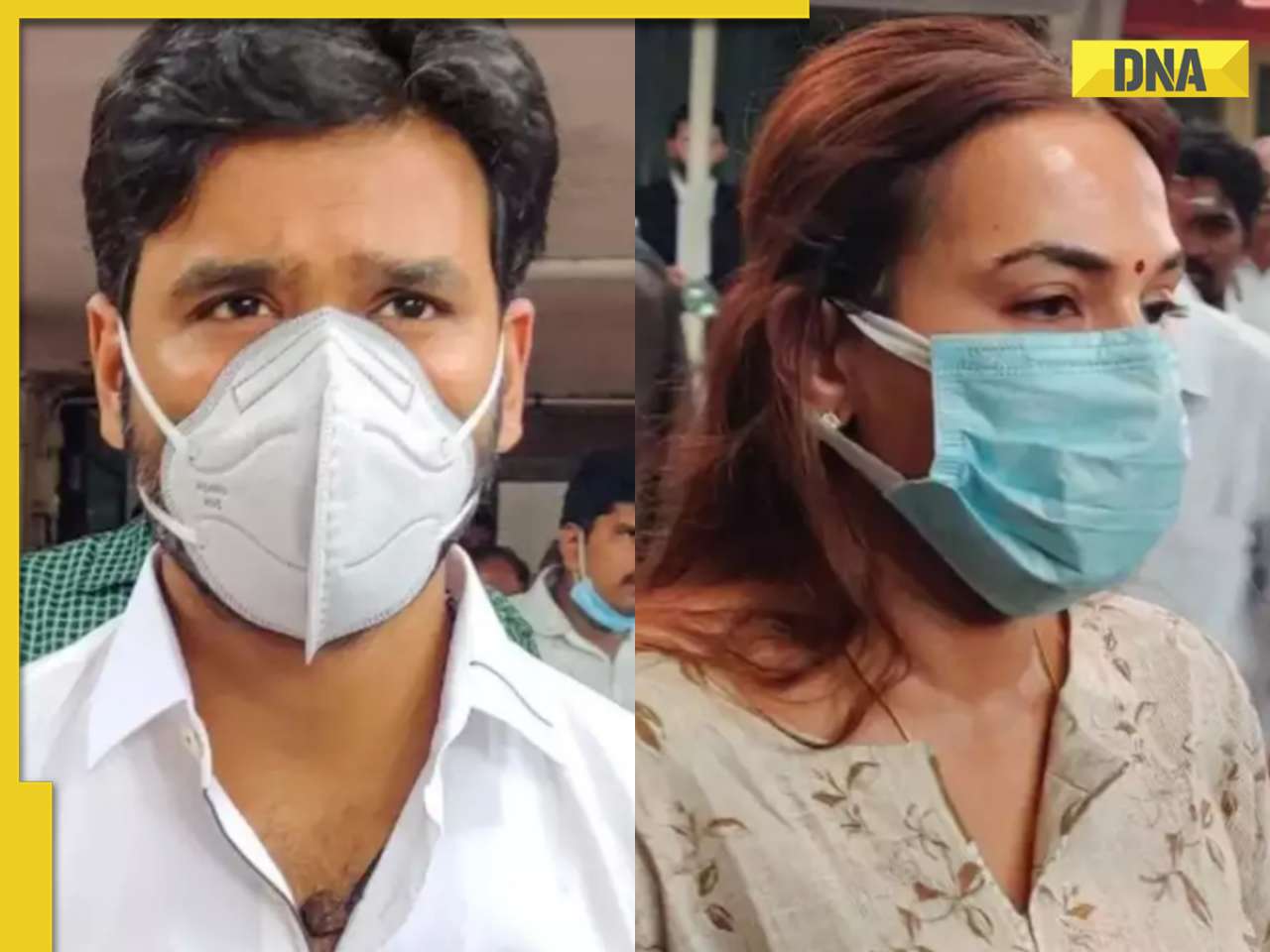




)
)
)
)
)
)
)
)
)
)
)
)
)
)
)
)





